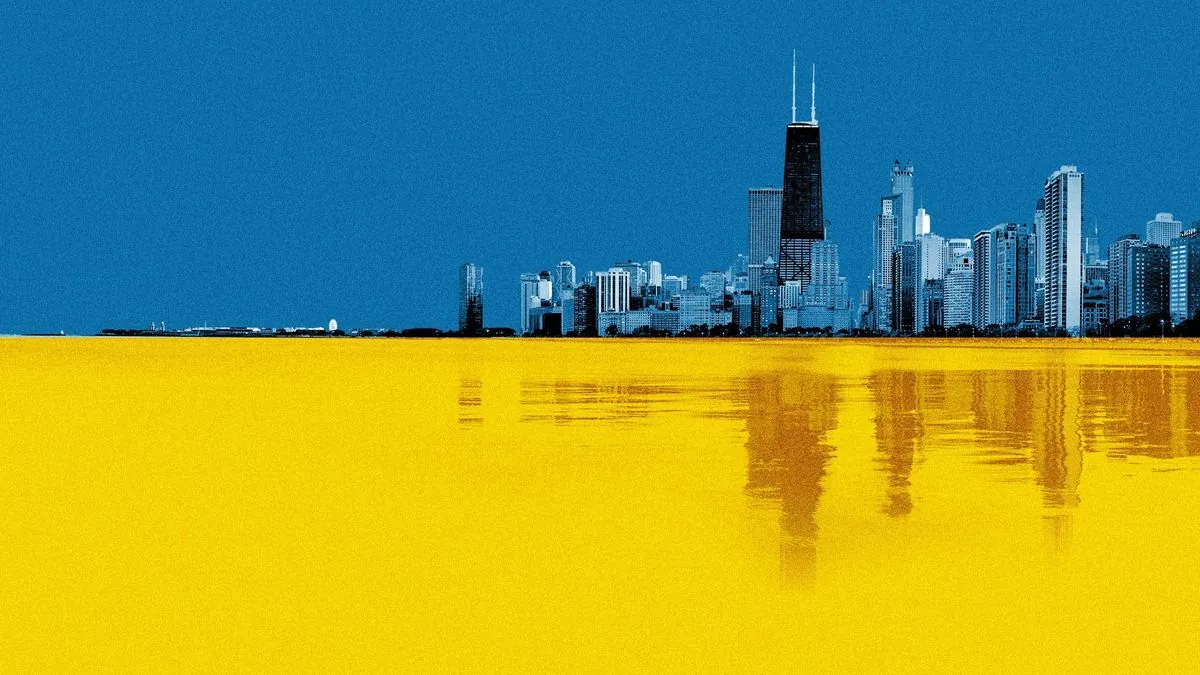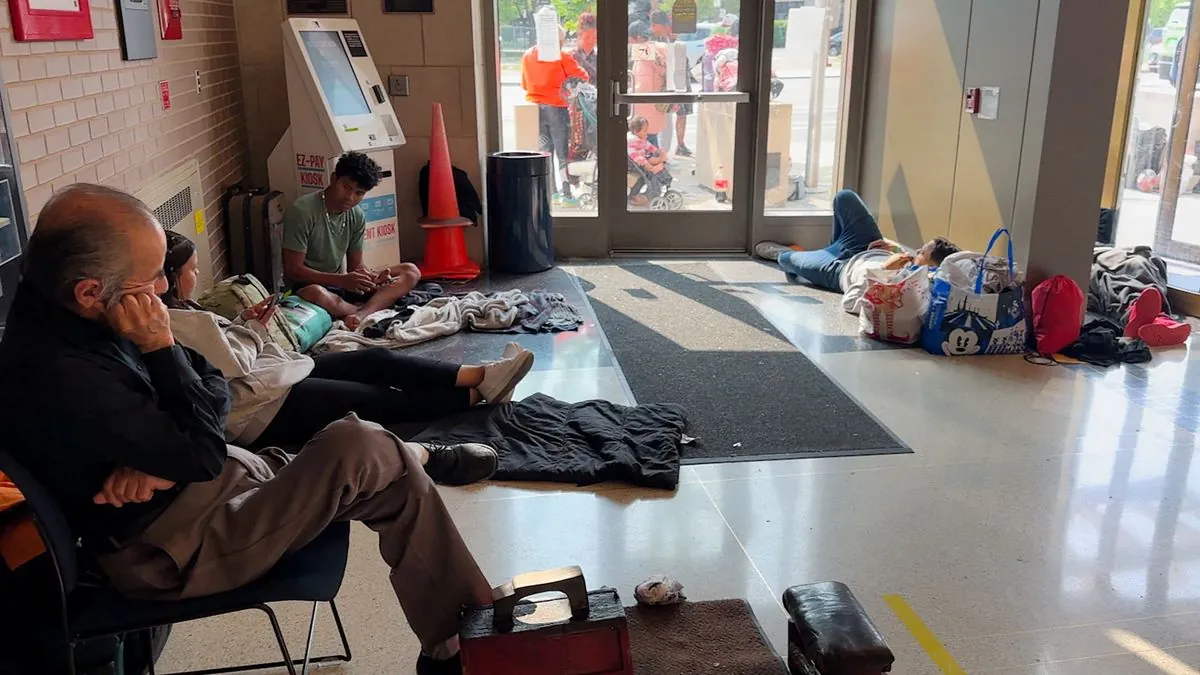Chicago's Migrant Crisis Eases, but Democratic Party Tensions Persist
As migrant arrivals in Chicago decrease, the city grapples with the aftermath of the influx. Democrats face internal debates over immigration policy ahead of their national convention.

In the Windy City, known for its rich history and architectural marvels, a significant shift in the migrant crisis has occurred. The influx of newcomers from Texas has markedly decreased, with shelter beds becoming increasingly available and fewer homeless migrants seeking refuge in public spaces.
This change comes as the Democratic Party prepares to convene in Chicago, a city that has been at the forefront of the migration debate. Since August 2022, Chicago has received over 46,000 new arrivals, primarily by bus, as part of a relocation program initiated by Texas Governor Greg Abbott.
The decrease in migrant arrivals can be attributed to recent policy changes and enhanced enforcement measures. In June 2024, President Biden implemented new asylum rules, resulting in a significant drop in border crossings. Last month, Border Patrol recorded 56,408 encounters with migrants crossing illegally, the lowest monthly total since September 2020.
Despite the reduced influx, Chicago continues to grapple with the aftermath of the crisis. The city has spent more than $460 million responding to the migrant situation over the past two years. In April 2024, the federal government approved $19.3 million in funding for Chicago and Illinois, while local authorities allocated an additional $140 million.

The situation has sparked debates within the Democratic Party over immigration policy. While some members advocate for a more humanitarian approach, others emphasize the need for stricter border security. This internal tension is likely to be a focal point during the upcoming Democratic National Convention.
"The issue was never about taking care of folks who were in need. It was about not getting a choice in how it was handled."
Local communities have expressed mixed reactions to the migrant situation. Some Chicagoans have shown remarkable generosity, while others have voiced concerns about resource allocation and community impact. The city's response has included converting existing structures into shelters and partnering with nonprofits to provide support services.
Chicago's history as a welcoming city is deeply rooted. It boasts the largest Polish population outside of Warsaw and has long been a hub for diverse communities. The city's resilience, demonstrated by its recovery from the Great Chicago Fire of 1871, is once again being tested as it navigates the complexities of the migrant crisis.
For migrants who have settled in Chicago, the journey has been challenging but not without hope. Miguel Mendoza, a Venezuelan migrant who arrived a year ago, now works as an auto mechanic and shares an apartment in Little Village. He embodies the aspirations of many newcomers, stating, "We're not here to take away, we're not here to invade. We're here to get ahead. We just want a better life."
As the Democratic National Convention approaches, the city's handling of the migrant situation will undoubtedly be a topic of discussion. The challenge for party leaders will be to address the concerns of both progressive voices calling for immigration reform and those emphasizing border security, all while showcasing Chicago's unique blend of history, culture, and resilience.


































